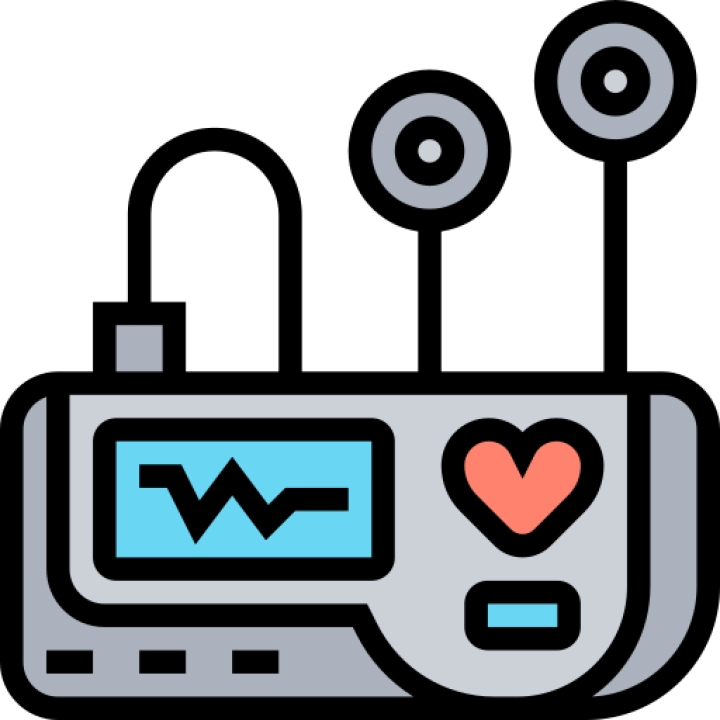Faculty: Health Sciences
This major focuses on the design, development, and maintenance of biomedical equipment used in healthcare. Students develop skills in biomedical engineering, electronics, mechanical engineering, and regulatory affairs, preparing for careers in medical device manufacturing, healthcare technology management, and biomedical engineering roles.
Learning Objectives:
- Understand the fundamentals of biomedical engineering and device technology.
- Develop skills in electronics, mechanical engineering, and biomaterials.
- Learn techniques for designing, developing, and maintaining biomedical equipment.
- Explore principles of regulatory affairs, quality assurance, and safety standards.
- Analyze and interpret data from biomedical devices and performance metrics.
- Develop critical thinking, problem-solving, and technical skills.
Main Curriculum:
- Introduction to Biomedical Device Technology - Overview of biomedical engineering, device classification, and healthcare applications.
- Electronics in Biomedical Devices - Principles and techniques for designing electronic components in biomedical devices.
- Mechanical Engineering in Biomedical Devices - Principles and techniques for designing mechanical components in biomedical devices.
- Biomaterials - Principles and techniques for selecting and integrating biomaterials in biomedical devices.
- Regulatory Affairs and Quality Assurance - Principles and techniques for ensuring compliance with regulatory requirements and quality standards.
- Safety and Risk Management - Principles and techniques for ensuring the safety and reliability of biomedical devices.
- Biomedical Device Design and Development - Principles and techniques for designing, developing, and testing biomedical devices.
- Practical/Applied Training - Real-world experiences in biomedical device settings.
- Graduation Project - Comprehensive project applying skills in electronics, mechanical engineering, or biomaterials.
Assessment Methods:
- Electronics projects, mechanical engineering designs, biomaterials studies, regulatory reports, safety analyses, device development projects, internship reports, graduation projects, group projects, and presentations.
Recommended Textbooks:
- "Biomedical Device Technology" by various authors.
- "Electronics in Biomedical Devices" by various authors.
- "Mechanical Engineering in Biomedical Devices" by various authors.
- "Biomaterials" by various authors.
- "Regulatory Affairs and Quality Assurance" by various authors.
- "Biomedical Device Design and Development" by various authors.
Prerequisites:
A strong foundation in mathematics, physics, biology, and an interest in engineering and healthcare technology.
Duration of Study:
Typically 4 years to obtain a bachelor's degree.
Certification:
Graduates can earn certifications from organizations such as the Association for the Advancement of Medical Instrumentation (AAMI) or specialized certifications in biomedical engineering or regulatory affairs.
Target Audience:
Aspiring biomedical engineers, medical device developers, healthcare technology managers, and professionals seeking careers in medical device manufacturing, healthcare institutions, and research laboratories. This major equips students with the technical, engineering, and regulatory skills necessary to excel in biomedical device technology, supporting careers in various roles related to healthcare and medical devices.








